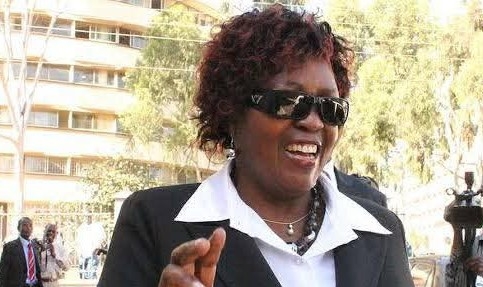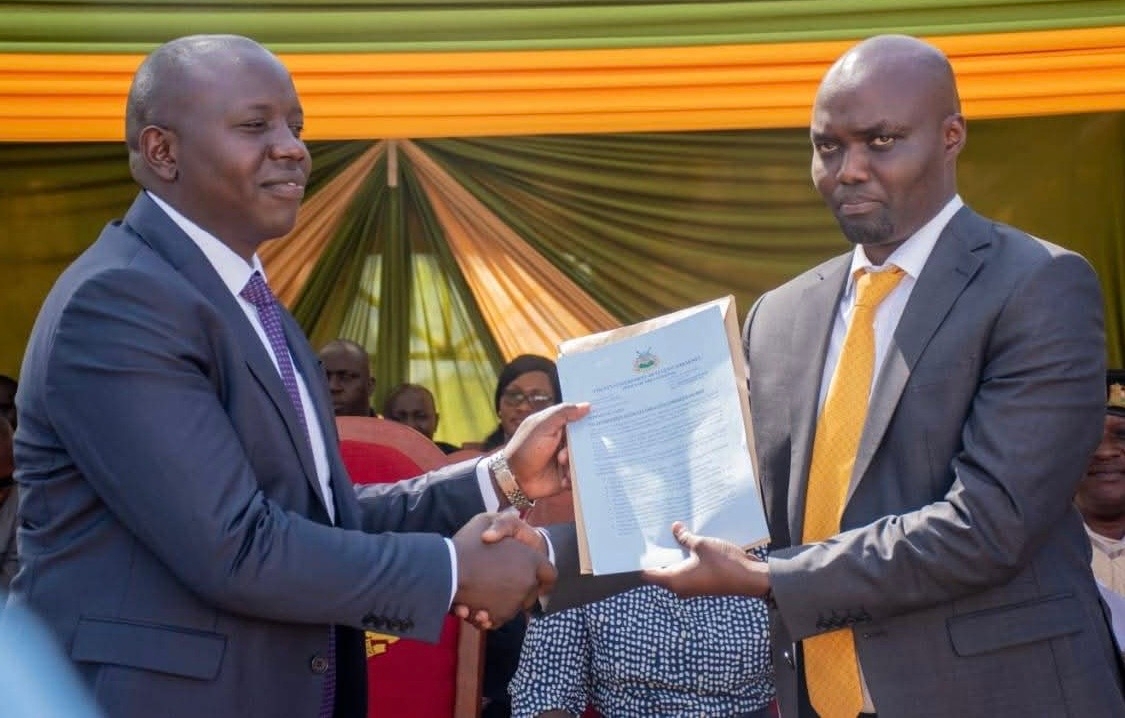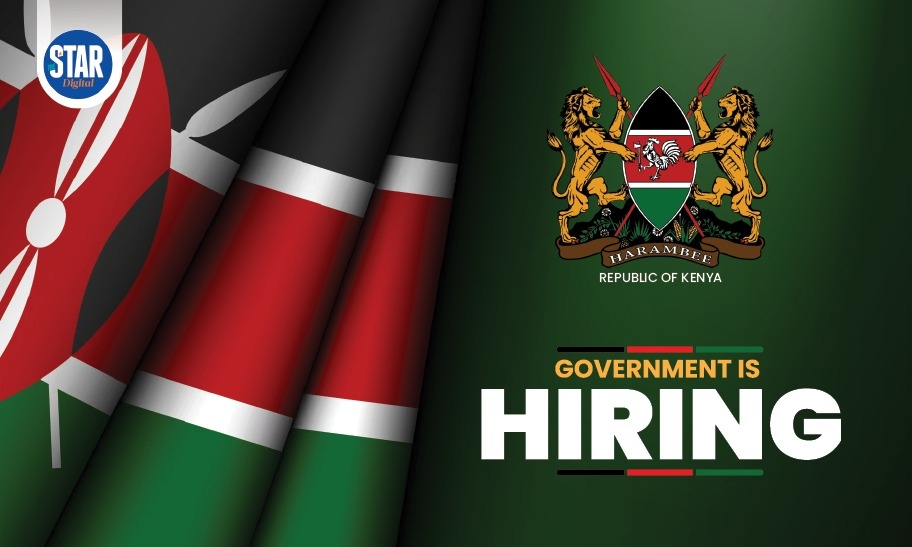International Transport Workers Federation’s Betty Makena has called on politicians to seek advice from maritime experts before embarking on its programs.
ITF East Africa ship inspector Betty Makena on Tuesday said this is to avoid wastage of resources due to strict rules that the vessels have.
This is after a politician spent a fortune training 300 youth for the Standards of Training, Certification, and Watchkeeping (STCW) for seafarers.
However, Makena said this was a waste of resources as the majority of the 300 youth had no careers.
Most were jobless after completing secondary education and had never been to any tertiary-level institution.
“Let us not repeat the mistake one of the politicians in Mombasa did when they picked random youth in the estates and took them for STCW training.
“No employer (in the ship) will take someone with no career. Those children must have a career. The ship owners also want people with a minimum of two years’ experience,” Makena said.
She spoke at the Mikindani social hall during the graduation of 200 Jomvu youth who had been sponsored through various courses by the Jomvu NG-CDF.
Among the 200 were 25 youths who were sponsored through the STCW training, two of whom have secured jobs with the Mediterranean Shipping Company as cabin stewards.
Laureen Akinyi and Vivian Kawira will be boarding the ship in late February or early March and are only waiting for the offer letters.
“We thank our MP for standing with us. The expenses for the training were so high we could not afford it,” Akinyi, who works in the hospitality industry, said.
Kawira, a member of the Jomvu Maritime Dreams, a group formed to help raise awareness about the blue economy, did a hospitality management course before embarking on the STCW training.
They will be earning at least Sh120,000 each.
The STCW course costs about Sh61,000 for 10 days.
“For those who don’t have careers, please take them for short courses in the TVETs before taking them for STCW,” Makena said.
She praised Jomvu MP Badi Twalib for heeding advice and only sponsoring career people for the STCW training.
“Let us not bring politics into the sea. The politics we have on the land, let it remain on the land,” she said, cautioning against sponsoring anybody for political expediency.
She called on MP Twalib to help the country sign a Memoranda of Understanding with more shipping lines to help more Kenyan students get sea time to improve their employability at sea.
“Without sea time, our youth will not get jobs in vessels. We have over 3,000 youth who have qualified to be employed at sea but have no sea time, so they are unemployable,” she said.
Twalib said he will work with stakeholders like the Kenya Maritime Authority to ensure Kenyan seafarers have Seafarers’ Identification Documents (SID) and Kenyan passports, key documents that are required for anyone to work in any vessel.
Several Kenyan seafarers have not returned to their ships because they lack the SIDs.
The International Labour Organization Conventions: Seafarers' Identity Documents Convention, 1958 (C108), which was revised in 2003 (C185), requires that all seafarers have a special identity document known as the Seafarers Identification Document.
The SID, also known as a Seaman's Book or Seaman's Card, is a document that is carried by all professional seafarers, including cruise ship members or yacht crew, to keep a record of their time at sea, regardless of their nationality, including stateless persons and refugees.
It is issued to provide the holder with identity papers for travel to or from an assigned vessel.
Twalib said Akinyi and Kawira have made his dreams come true.
“A third person, a boy, is waiting for his visa before joining the Genesis Group SLP at sea. This is the first time we are sending our youth from Jomvu into vessels. This is a good start,” Twalib said.
This is a result of the mentorship program that was initiated seven months ago in Jomvu to help sensitize young Jomvu youth about careers in the blue economy.
The program was conducted at the Jomvu NG-CDF offices in Mikindani.
“So, in slightly over seven months, we have three people who will be joining the maritime industry. This means in five years we can achieve a lot more because there will be more connection because of people like Makena, Akinyi, and Kawira,” Twalib said.
Makena said there are various careers on the ship including cooks, waiters, housekeepers, welders, fitters, carpenters, cleaners, IT experts, doctors, nurses, photographers, and videographers, among others.
















